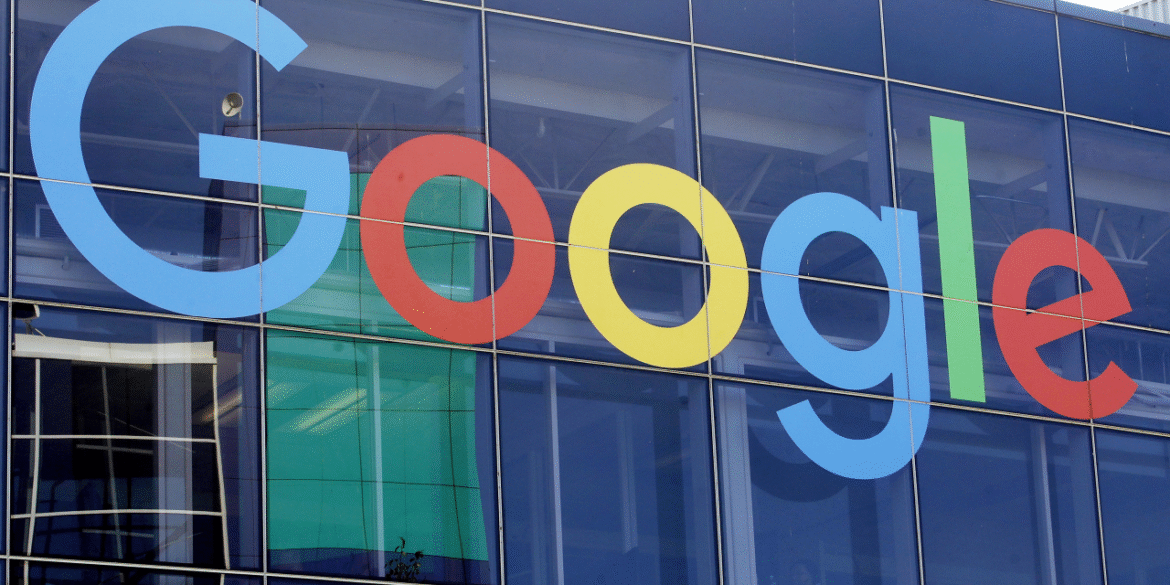Google has confirmed that it will comply with South Korea’s demand to blur sensitive satellite images on its mapping services, a move that could reshape competition with local navigation platforms such as Naver and Kakao.
Why Google Maps Has Been Limited in South Korea
Unlike most countries, South Korea does not allow unrestricted access to detailed geospatial data. Laws require that high-precision mapping data be stored within the country for security reasons. For nearly two decades, Google resisted these requirements, preventing Google Maps from offering full navigation features in South Korea.
As a result, local platforms like Naver Maps and Kakao Maps have dominated the market, leaving international visitors heavily reliant on domestic services.

Google’s Compliance Marks a Shift
On Tuesday, Google Vice President Cris Turner stated that the company has already committed to blur sensitive images and is working on acquiring data from approved Korean providers.
“We have already confirmed our commitment with the government to blur satellite images as required and we’ll be exploring acquiring imagery from approved Korean third parties where appropriate,” Turner said.
The announcement suggests the end of a prolonged dispute, opening the possibility for Google to expand its mapping services in the country.
Balancing Security and Access
For years, South Korea refused to export geospatial data, citing national security concerns. Sensitive military and government sites were considered too risky to expose in detailed satellite imagery. Google has now agreed to invest time and resources into ensuring such coordinates are excluded from its maps.
This decision comes as mapping data was reportedly discussed during US-South Korea trade talks. The South Korean presidential office confirmed that high-precision maps were among the most extensively debated issues, though Seoul has not made concessions on exporting raw data.
What This Means for Users
For everyday users and foreign visitors, this development could make Google Maps far more reliable in South Korea, reducing dependence on local platforms. Industry analysts suggest that while blurring sensitive areas may slightly limit detail, the overall user experience is expected to improve significantly.
The move highlights a rare compromise between global tech ambitions and national security priorities, one that could serve as a model for other regions facing similar disputes.

